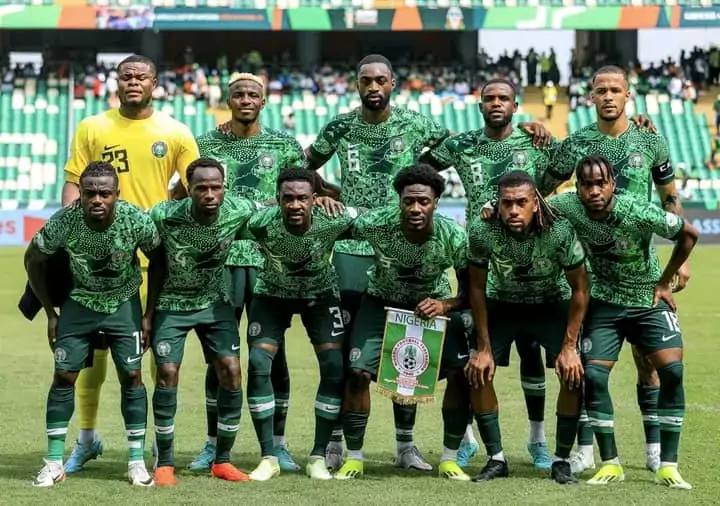Nigeria has formally lodged a protest with FIFA over Lesotho and Zimbabwe’s decision to play their home fixtures in South Africa during the 2026 World Cup qualifiers.
The Nigerian Football Federation (NFF) has raised concerns about the fairness of the arrangement, arguing that it grants South Africa an undue advantage in Group C.
Lesotho and Zimbabwe, whose stadiums do not meet FIFA standards, have opted to host their designated home matches in South Africa.
This means that Bafana Bafana will effectively play all their remaining group-stage fixtures on home soil, a situation Nigeria claims compromises the integrity of the qualification process.
Allegations of unfair advantage
A senior NFF official, speaking to SCORENigeria, expressed frustration over the development.
“This contravenes the principles of fair play by giving South Africa an unfair advantage in the race to qualify for the World Cup,” the official stated.
Nigeria is now urging FIFA to reconsider and relocate the home fixtures of Lesotho and Zimbabwe to neutral venues outside South Africa.
The Super Eagles argue that allowing South Africa to play all their matches at home creates an imbalance that could significantly influence the final standings in Group C.
Current standings and implications
South Africa currently leads Group C with 13 points from six matches, making them the frontrunners for qualification.
Rwanda and Benin follow with eight points each, while Nigeria sits fourth with seven points. Lesotho and Zimbabwe trail with six and four points, respectively.
Nigeria’s concerns stem from the belief that South Africa will benefit from familiar conditions and home support in matches that were initially intended to be played in neutral or away environments.
The NFF argues that this could unfairly tip the scales in South Africa’s favor as teams battle for the coveted World Cup slots.
FIFA’s role in resolving the dispute
The NFF’s request puts FIFA in a challenging position, as the governing body must now assess whether the current arrangements violate competition regulations.
While it is common for teams without FIFA-approved stadiums to seek alternative venues, the choice of South Africa as a host raises questions about competitive balance.
Nigeria remains adamant that fair play must be upheld to ensure an equitable qualification process.
As the Super Eagles continue their campaign, they await FIFA’s response to their protest, hoping for a resolution that maintains fairness in the group standings.
With the next round of qualifiers approaching, all eyes will be on FIFA’s decision and how it might impact the race for a place in the 2026 World Cup.











